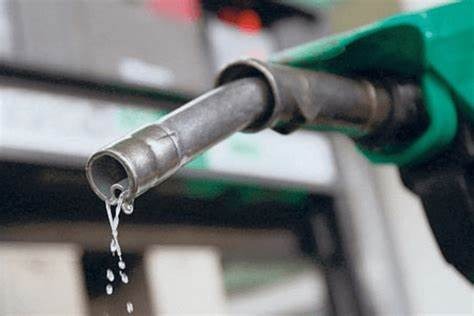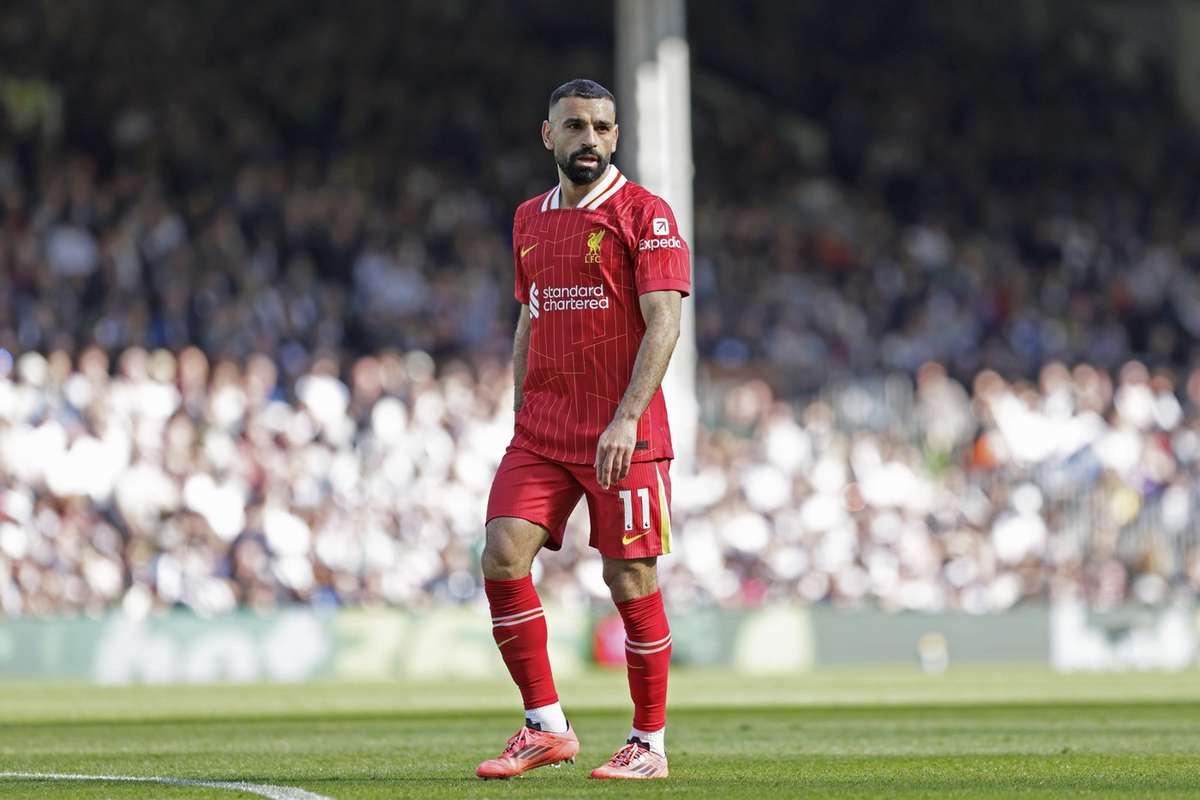 Nigeria�s premier crude oil grade, Bonny Light, experienced a sharp decline in the global oil market on Thursday, plunging by 5.09% to $59.62 per barrel. This significant drop comes amid escalating global economic tensions, particularly those triggered by the renewed tariff war following a series of tariff hikes announced by the United States earlier in the week.
Nigeria�s premier crude oil grade, Bonny Light, experienced a sharp decline in the global oil market on Thursday, plunging by 5.09% to $59.62 per barrel. This significant drop comes amid escalating global economic tensions, particularly those triggered by the renewed tariff war following a series of tariff hikes announced by the United States earlier in the week.
The situation was further compounded by the recent decision of the Organization of the Petroleum Exporting Countries (OPEC) and its allies (OPEC+) to ramp up oil production. The group confirmed plans to increase output by 411,000 barrels per day (bpd) starting in May 2025, a move expected to further saturate the market and drive prices down in the short term.
Economic analysts have raised serious concerns over the implications of this downward trend on Nigeria�s fiscal projections. The 2025 national budget, pegged at ?54.99 trillion, was built on optimistic assumptions of an oil benchmark price of $75 per barrel and a daily production estimate of 2.06 million barrels.
However, data from the Nigerian Upstream Petroleum Regulatory Commission (NUPRC) indicates that Nigeria�s actual crude oil output � including condensates � stood at 1,671,953 bpd in February 2025, falling significantly short of budgetary expectations.
Dr. Muda Yusuf, Chief Executive Officer of the Centre for the Promotion of Private Enterprise (CPPE), warned that the current developments pose substantial risks to Nigeria�s fiscal and monetary stability.
�This is a serious problem, especially considering we have just concluded the first quarter of the year,� Yusuf said in a recent interview. �If the current trend continues, it could pose a significant challenge to our economic management team. The decline in oil prices directly threatens government revenue projections and will likely put immense pressure on the foreign exchange market.�
Yusuf further explained that Nigeria�s economy, which is heavily reliant on oil exports for foreign exchange earnings, could face depreciation pressures on the naira, leading to inflationary trends and weakened purchasing power across the economy.
Despite the grim fiscal outlook, one potential silver lining for Nigerian consumers may come in the form of reduced prices of petroleum products. Industry insiders suggest that the current dip in global oil prices could translate into lower pump prices for Premium Motor Spirit (PMS), commonly referred to as petrol.
Sources within Nigeria�s downstream petroleum sector revealed that some major market players are already preparing for a price adjustment. One operator, speaking under anonymity, disclosed that at least one refinery had temporarily halted the printing of petrol distribution tickets, pending an anticipated price review.
�All indicators suggest that petrol pump prices may be reviewed downward this week,� the source said. �There�s talk of a price discount for those who had prepaid for products before the change takes effect.�
These expectations are supported by real-time market data. According to petroleumprice.ng, several depots have already revised their petrol prices downward. For example:
-
Mainland depot: down to ?918 per litre from ?920
-
A.Y.M depot: reduced to ?919 per litre from ?920
-
Ever depot: now at ?919 per litre
-
Prudent depot: lowered to ?912 per litre from ?913
-
Eterna depot: down to ?897 per litre from ?900
-
Soroman depot: dropped to ?915 per litre from ?916
This trend could offer some respite to Nigerian consumers, who have been grappling with high energy costs amid ongoing economic challenges.
The decision to boost production was part of a broader strategy session held by OPEC+ on April 3, 2025, during a virtual meeting of key oil-producing nations. In a statement released by the cartel, OPEC noted that eight member countries � including Saudi Arabia, Russia, Iraq, UAE, Kuwait, Kazakhstan, Algeria, and Oman � convened to assess current global oil market dynamics and future projections.
The group reaffirmed their commitment to balancing global supply and demand, while also addressing volatility concerns. However, the increase in supply, especially at a time when demand growth is uncertain, has already begun exerting downward pressure on prices, as seen in the sharp decline of Bonny Light and other oil benchmarks.
With oil prices sliding and production levels underwhelming, Nigeria�s economic planners face a tough road ahead. The twin challenge of reduced revenue and foreign exchange strain could disrupt key government programs and delay infrastructure projects funded by oil earnings.
While lower petrol prices may offer temporary relief to consumers, the broader economic risks highlight the urgent need for diversification, prudent fiscal management, and accelerated reforms in both the energy and financial sectors. As the global energy landscape continues to shift, Nigeria must adapt swiftly or risk deeper economic instability.







